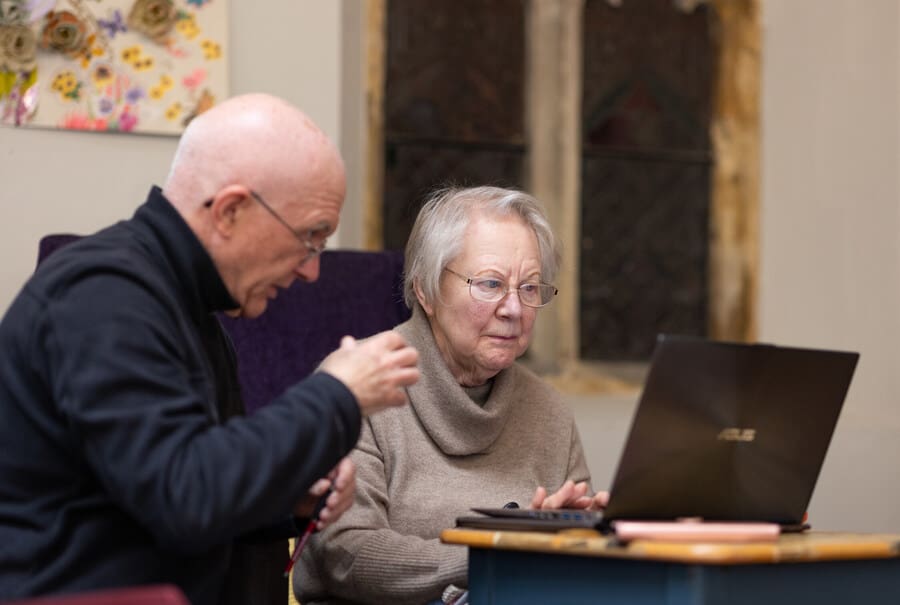Zoom calls help Essex psychologists search for Alzheimer’s warning signs
Zoom calls with people living with Alzheimer’s disease will help scientists search for the warning signs of dementia in a new University of Essex study.
Psychologists hope older adults in the early stages of the disease can help identify early symptoms from the comfort of their own homes on this website.
The relaxed sessions will help researchers from The Department of Psychology explore how retaining information in the ‘working memory’ is affected by the degenerative condition.
During the virtual sessions, simple exercises will help researchers see how memory is impacted by dementia. The results will then be compared against other older adults to see how healthy ageing differs from Alzheimer’s-induced memory loss.
The research is being led by Dr Vanessa Loaiza, who said: “This study will help us learn more about Alzheimer’s from the people on the frontline of the disease.
“We know how devastating a diagnosis can be and that’s why we are using Zoom to make it as easy as possible for them to join our study from the comfort of their own homes.
“Although it is early stages this research could help us find the difference between an ordinary ‘senior moment’ and something a lot more serious.
“We really need the help of people with Alzheimer’s to find out more about the disease and I urge anyone who can help to get in touch with my team.”
The study will focus on working memory which is what we use when doing mental arithmetic.
Healthy older adults tend to struggle with tasks requiring working memory, which can impact their day-to-day lives. Anything from reading and listening to problem-solving, is limited by what we can keep active in working memory.
Dr Loaiza’s study will distinguish between the subtle kinds of working memory mistakes that healthy older adults make compared to older adults living with Alzheimer’s disease.
Clearly distinguishing normal forgetfulness from dementia will help scientists and medical professionals catch and treat the condition early in its progression.
Alzheimer’s is a disease which damages the brain and more than 520,000 people in the UK have dementia caused by Alzheimer’s disease – with this figure set to rise.
The progressive condition sees chemical messengers in the brain decline sparking memory loss and difficulties with thinking, problem-solving or language.
The study is funded by the Experimental Psychology Society and will involve roughly 150 people in total, with initial results expected in the summer.
New assistive technology aimed at improving the independence of people living with dementia is on the horizon, according to the Longitude Prize on Dementia, which recently received a total of 175 applications from innovators all over the world.



